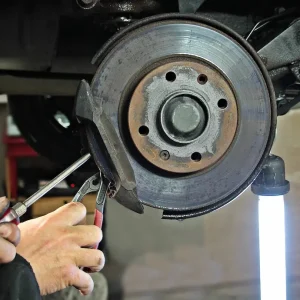After a huge 2015 that was probably if anything too successful, it will be interesting to see what happens to plug-in car sales now the grants are being cut.
I say too successful because the hefty ramp-up in volumes gave the Government all the reason it needed to believe that the technology is established and therefore support can begin to wind down.
But it’s the plug-in hybrid cars that I fear for, especially with company car benefit-in-kind being ramped up alongside the grant reduction.
Plug-in hybrids are the natural stepping stone for people used to internal combustion engines, and many of those may well make the step to full electric with their next change of car once they’re used to both the principle of charging a car, and have a better understanding of the type of journeys they undertake.
I’m hopeful the reduced grant has come at the right time, when the technology and its benefits are sufficiently established and understood, and the vehicles are performing well enough to make their own case without needing the financial incentive. Certainly, there are some very impressive cars within the plug-in arena, and the infrastructure is also improving all the time.
Which brings me to another bugbear. It defies logic that EU rules on state aid and giving grants to private companies prohibit the funding of charging points for workplaces.
The ability to charge a plug-in at work (and, whisper it, for employees to effectively get free fuel from their company) would help promote the idea of switching to plug-in cars. It’s possible to overturn the EU ruling, but requires someone in Government to take the idea and run with it, something there doesn’t currently seem to be the appetite for.





